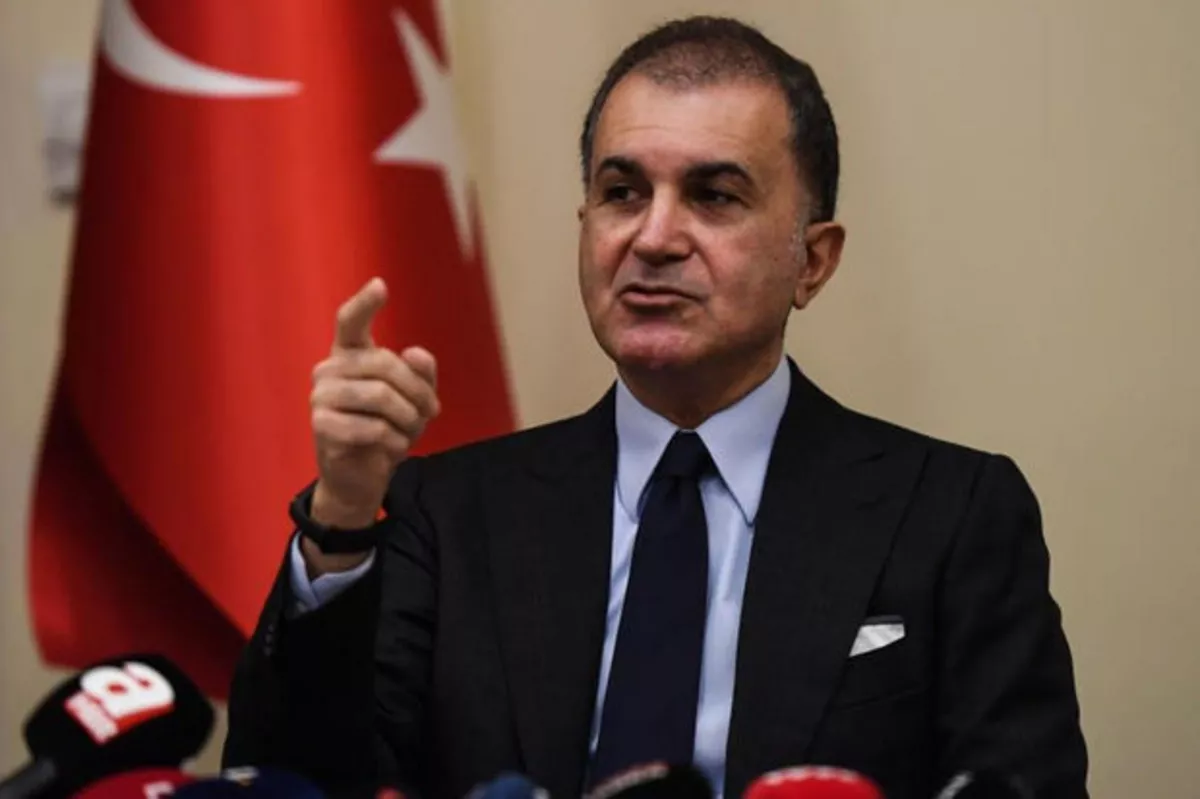"The case of Marine Le Pen" and the true face of modern France Macron removes rivals
Large-scale protests are expected in France. This was stated by the president of the National Rally party, Jordan Bardella, in an interview with the CNews channel immediately after the verdict in the case of Marine Le Pen was announced.
"I believe that the French should be outraged, and we are planning to organize demonstrations this weekend, distribute leaflets," he said, stressing that any threats or insults towards the judges who handed down the verdict in Le Pen's case are unacceptable.
The day before, a Paris court found Marine Le Pen guilty of misusing European Parliament funds. According to the investigation, between 2006 and 2016, she falsely employed assistants who were actually working on party matters. As a result, Le Pen was sentenced to four years of house arrest, two of which are suspended. In addition, she has been banned from running in the 2027 presidential elections.
No one intends to exonerate this lady. She is no different from most of the high-ranking French politicians, where one cynic replaces another. As for the Armenian issue, there has always been a consensus among the French political elite. But observing the internal strife on the French political scene is certainly appropriate. As is drawing practical conclusions from this observation.

Meanwhile, Jordan Bardella is emerging as the leading political star on the rise. According to a survey conducted by the research company Toluna Harris Interactive for the RTL channel, he is the favorite in the 2027 presidential race. The survey shows that between 35% and 36% of French voters are ready to cast their vote for Bardella in the first round of the presidential elections if he replaces Marine Le Pen as the candidate for the National Rally.
In second place is former Prime Minister Edouard Philippe, supported by 23% to 25% of voters. Rounding out the top three is the far-left politician Jean-Luc Mélenchon with 13%. The gap between Bardella and Philippe, as we can see, is simply colossal.
Skeptics should be reminded of the results of the 2022 presidential elections. In the first round, Emmanuel Macron garnered 27.85% of the vote, while Marine Le Pen received 23.15%. The gap between them was minimal. In third place at that time was Jean-Luc Mélenchon with 21.95%. In the second round, Macron won with 58.55% against Le Pen's 41.45%.
It should be noted that a significant portion of Jean-Luc Mélenchon's voters played a decisive role in Emmanuel Macron's victory in the second round of the 2022 presidential election. Although Mélenchon did not directly call for support for the incumbent president, he clearly stated, "Not a single vote for Le Pen," which effectively amounted to a rejection of support for the far-right.
As a result, many of his supporters either voted for Macron or simply abstained from voting. However, the sufficient number of votes cast in support of Macron ensured his final victory. This phenomenon — where left-wing voters, despite significant disagreements with Macron, still vote for him to prevent the far-right from coming to power — has become a key element of France's political life in recent years.
Will the same scenario unfold in 2027? It is still too early to draw definitive conclusions. But one thing is clear: the removal of Marine Le Pen as one of the main contenders for the presidency is a serious signal. And this, without exaggeration, is about political repression. Yes, precisely that.

A representative of Türkiye's ruling Justice and Development Party, Ömer Çelik, rightly criticized French President Emmanuel Macron, accusing him of double standards. He reminded of Macron's reaction to corruption allegations against the former mayor of Istanbul, Ekrem İmamoğlu: "When it comes to corruption scandals in France and Europe as a whole, Macron and his peers present events as a 'principled approach to protecting democratic values.' However, when a corruption case is examined in Türkiye, these processes are portrayed as a 'deficit of democratic principles.' This, without a doubt, demonstrates double standards."
It is hard to argue with this assessment for a number of reasons. Imamoğlu was sentenced in December 2022 by an Istanbul court to 2 years and 7 months in prison, along with a 5-year ban from holding public office, for publicly insulting members of the Supreme Electoral Council. He referred to them as "idiots." Even Imamoğlu himself does not deny this fact. However, the sentence has not yet come into effect, as the case is still being reviewed by the appellate court.
The process has dragged on for more than two years. During this time, İmamoğlu, despite his convicted status, was able to be re-elected as mayor of Istanbul in 2024. Does this not demonstrate the absence of political bias against him? Does it not serve as an example of judicial independence in Türkiye? Does it not testify to the fact that Türkiye has more democracy than France? The answers, to put it mildly, are obvious.
In France, the practice of removing opposition politicians has long been systematic. Criminal cases there often have a clear political undertone. Local democracy is largely performative, and "double standards" are no longer a figure of speech but a political norm. This is especially evident in the context of France’s foreign policy, which consistently lobbies for Armenia's interests.
We are talking about a country that, for more than a quarter of a century, held 20% of Azerbaijan's territory under occupation, despite four corresponding resolutions by the UN Security Council and General Assembly. Yes, as one classic once said, Paris is not worth a mass. And this is particularly true today.








